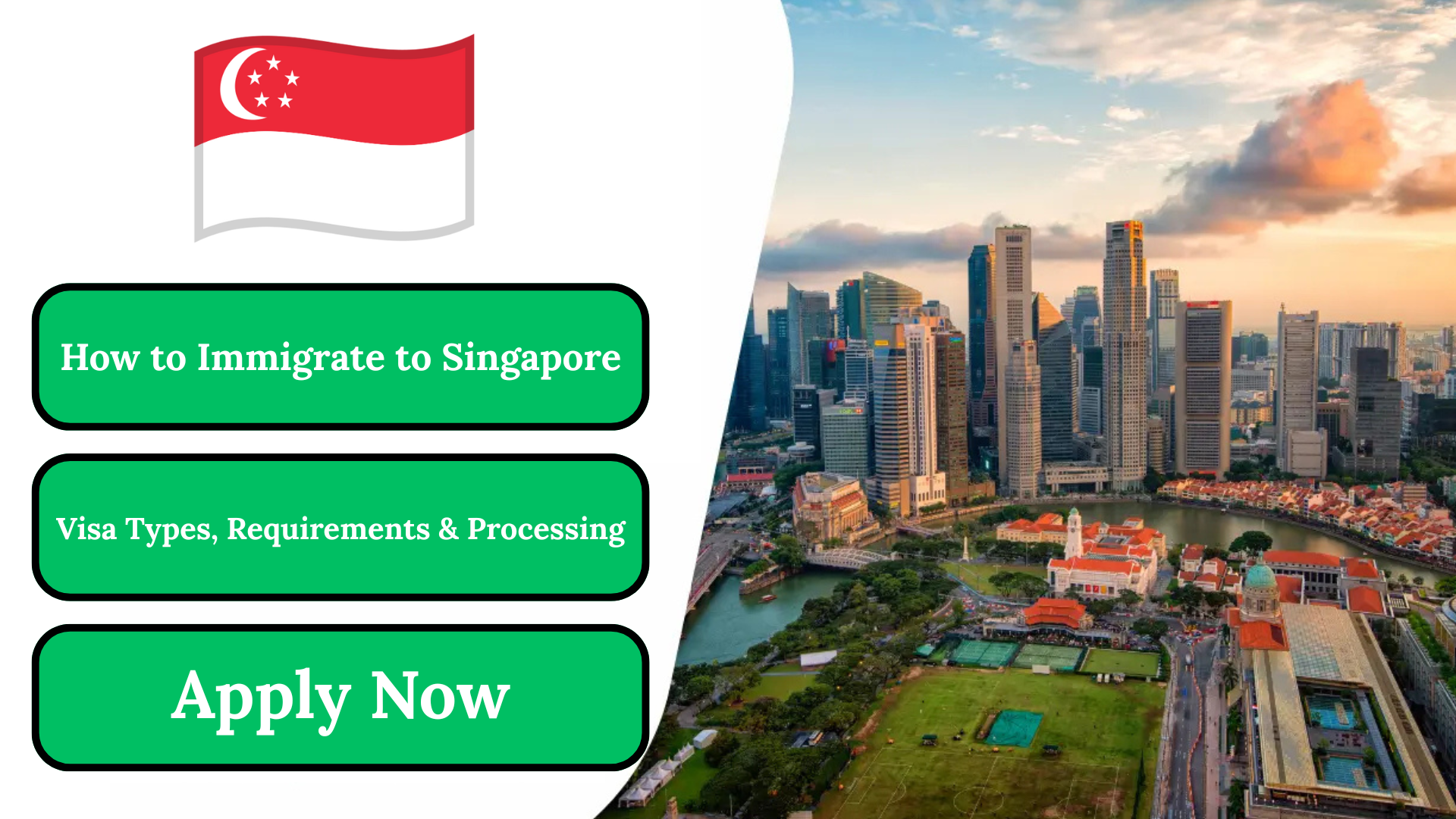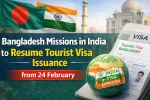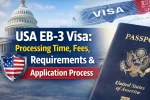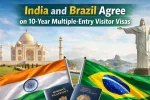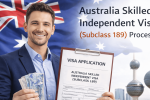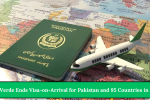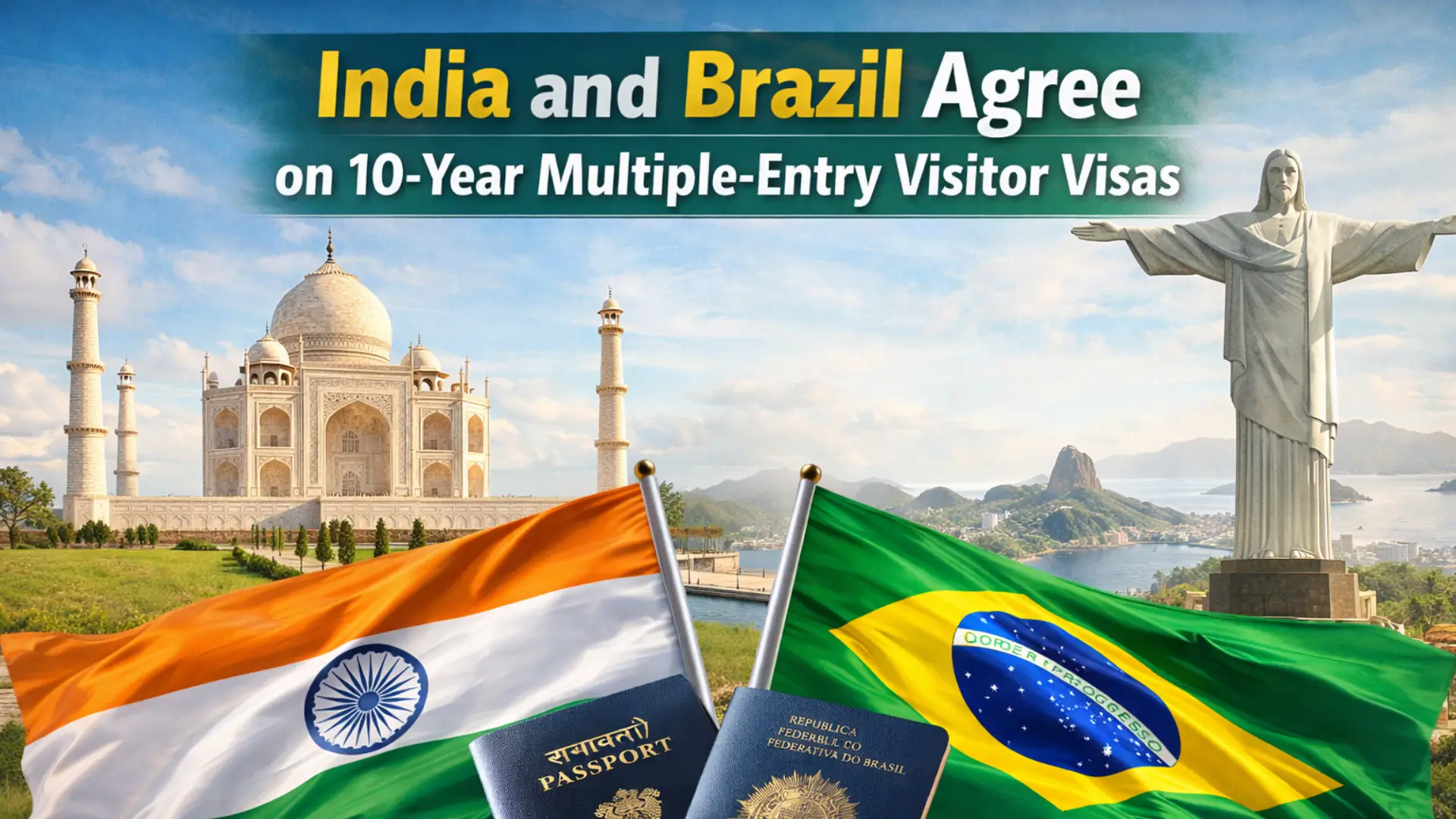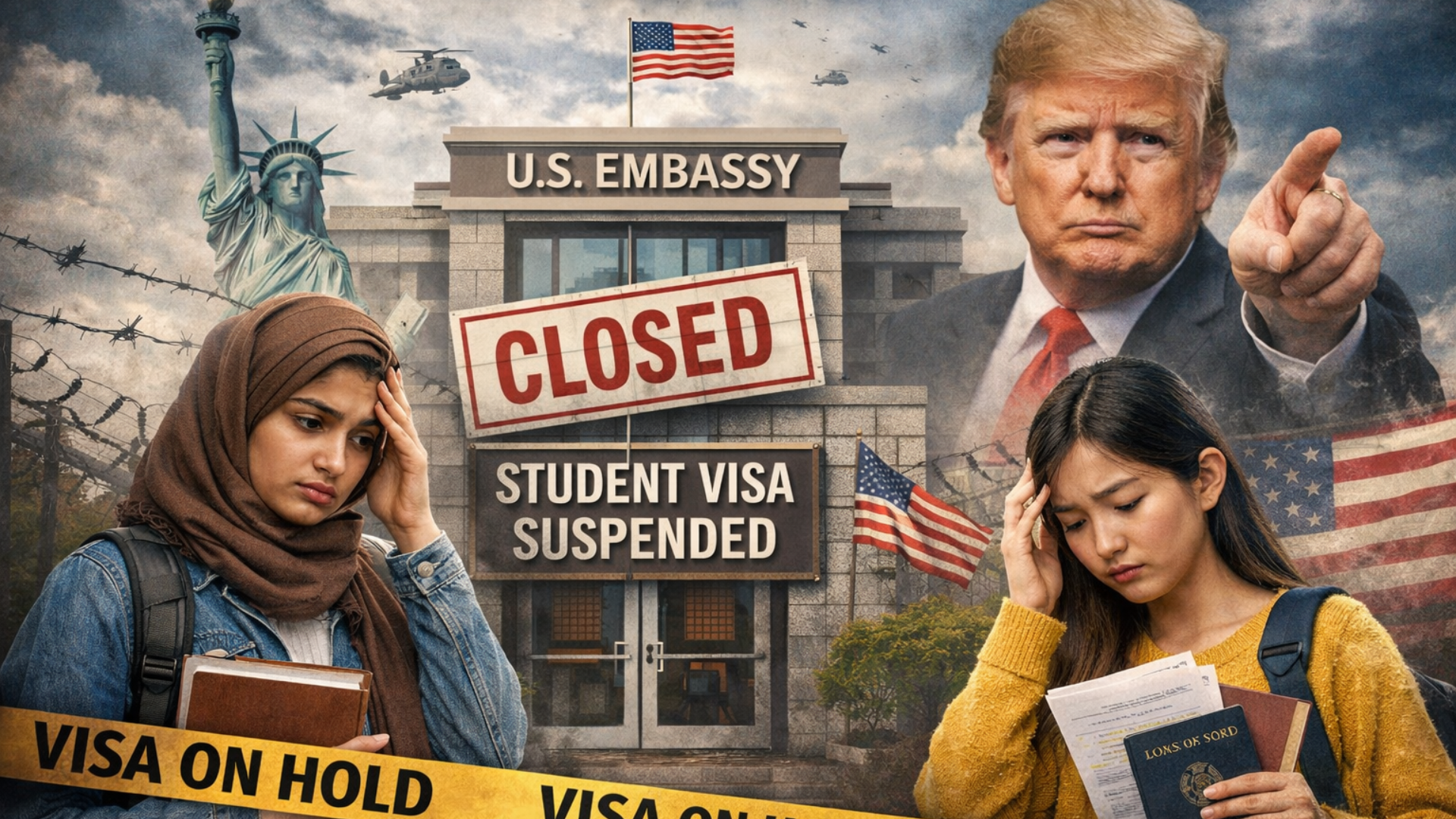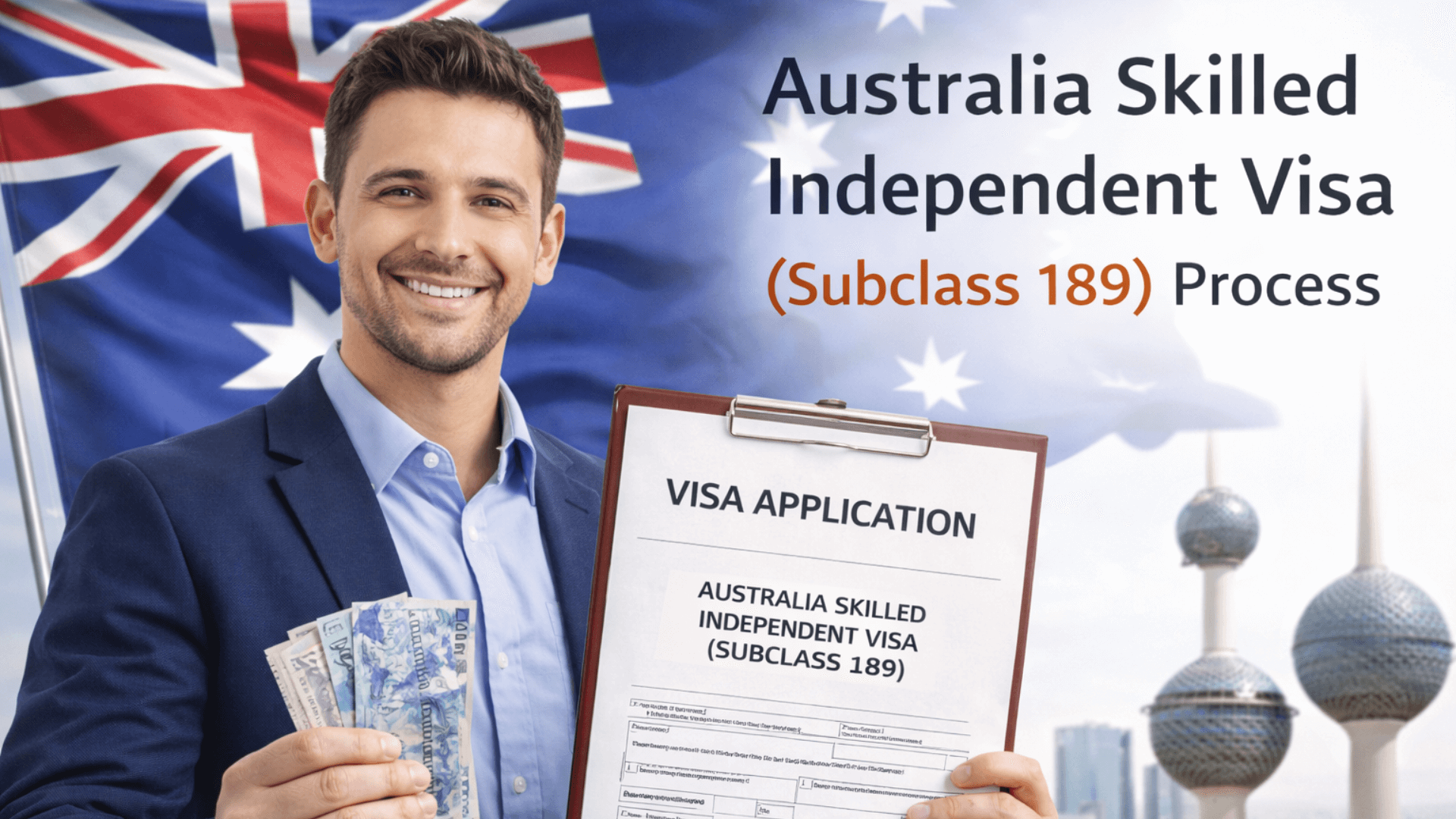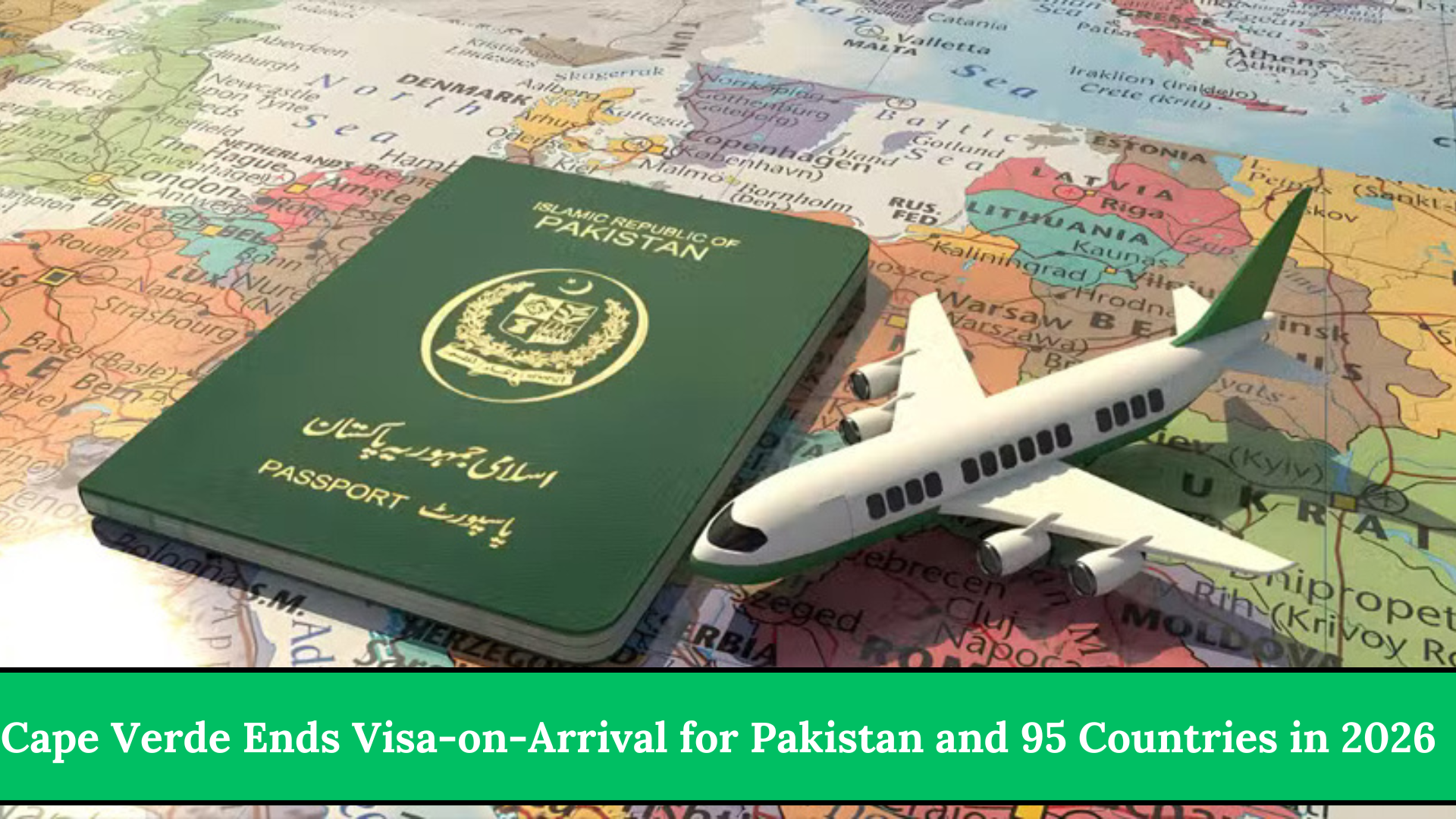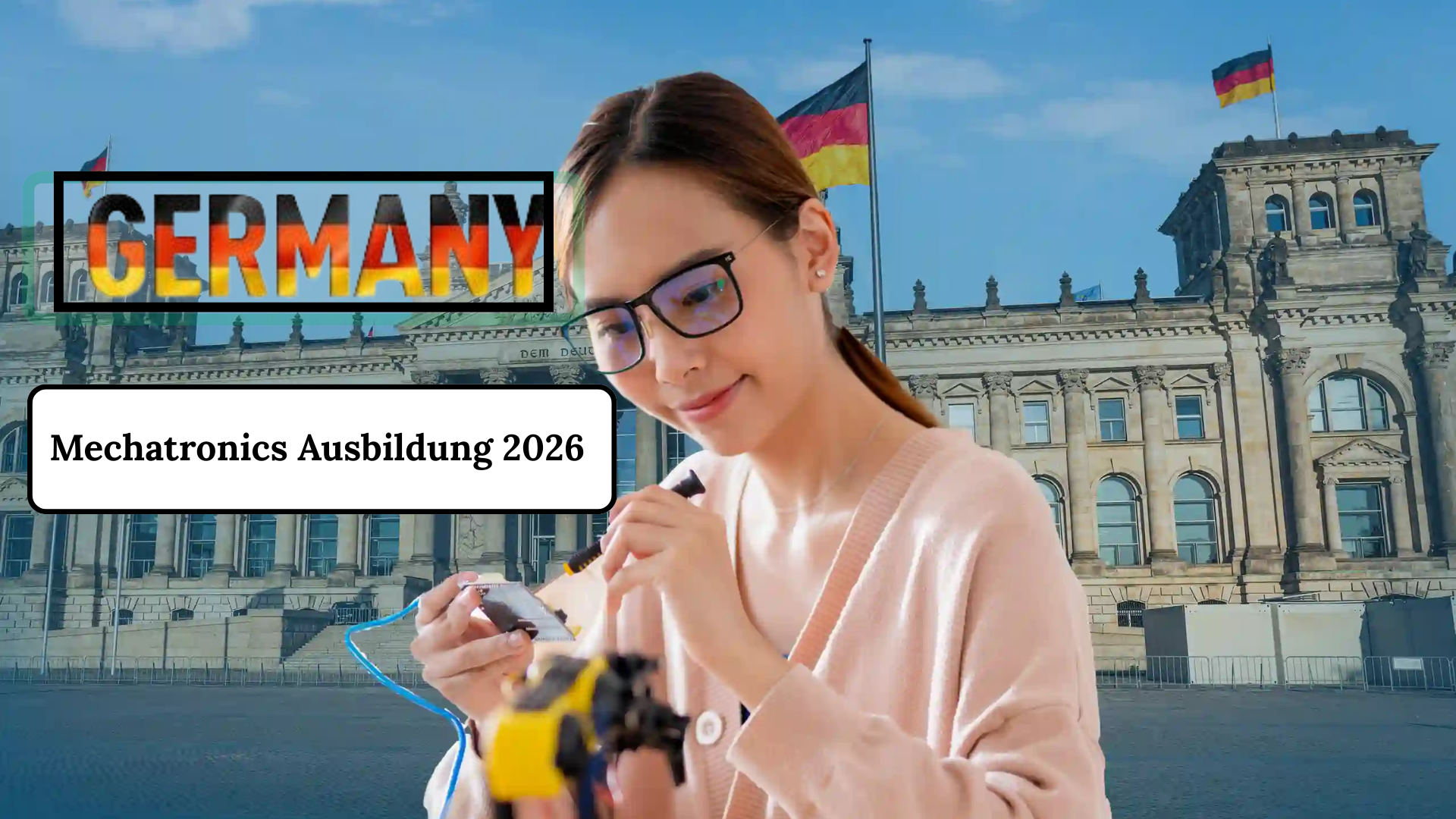How to Immigrate to Singapore: Visa Types, Requirements & Processing Times. Explore seamless Singapore immigration – world-class infrastructure, a powerful economy, and clear visa processes make the “Lion City” one of the most attractive destinations for professionals, students, entrepreneurs, and families.
Whether you want to work in Singapore, start a business, invest, or relocate with your family, this guide walks you through the benefits, visa types, immigration rules, requirements, and processing times in a simple, reader-friendly way.
Why Choose Singapore for Immigration?
Singapore immigration is popular for a reason. Before you plan your move, it helps to understand what makes the country so appealing.
1. Safety and Political Stability
Singapore is known for its low crime rate and strong rule of law. The country offers a safe environment for individuals and families, with strict enforcement of laws and a stable political system.
2. Strong and Dynamic Economy
Singapore has one of the most competitive and resilient economies in the world. Key industries include:
- Finance and banking
- Information and Communications Technology (ICT)
- Healthcare and biomedical sciences
- Trade, logistics, and transportation
This makes it an ideal destination for both experienced professionals and ambitious entrepreneurs who are looking for career growth, global exposure, and business opportunities.
3. High-Quality Education
Singapore’s education system is consistently ranked among the best globally. The country offers:
- Top-class schools and junior colleges
- International schools for expat families
- Leading universities and polytechnics
For families with children, education quality is one of the biggest advantages of moving to Singapore.
4. World-Class Healthcare
Singapore is a global hub for advanced healthcare, with:
- Modern hospitals and clinics
- Highly qualified doctors and specialists
- Efficient and well-organized medical services
Residents enjoy access to reliable and timely healthcare with minimal hassle.
5. Multicultural Environment
Singapore is a true melting pot of cultures – Chinese, Malay, Indian, and many other communities live and work together. This creates a vibrant social environment with:
- Diverse food
- Festivals and cultural events
- Multilingual daily life
Expats find it easier to adapt due to the inclusive and multicultural society.
6. Strategic Location in Asia
Located at the heart of Southeast Asia, Singapore is a regional gateway for trade, travel, and business. It offers:
- Easy connectivity to major global cities
- A world-class airport and seaport
- Ideal positioning for companies expanding across Asia
7. High Quality of Life
Singapore consistently ranks high for:
- Cleanliness and hygiene
- Public safety and security
- Reliable infrastructure and utilities
Quality of life in Singapore is one of the best in Asia, making it attractive for long-term settlement.
8. Efficient Public Transport
The country has an excellent public transportation system:
- MRT (Mass Rapid Transit) trains
- Extensive bus network
- Affordable and punctual services
Commuting is easy, even without a private vehicle.
9. Pathways to Residency and Citizenship
Singapore immigration offers structured pathways for:
- Work-based residence (Employment Pass, S Pass)
- Entrepreneur/investor schemes (EntrePass, GIP)
- Permanent Residence (PR)
- Citizenship (for eligible long-term residents)
This gives migrants the opportunity to plan for long-term stability and security.
10. Cultural and Recreational Lifestyle
From food festivals and art events to theme parks and nature reserves, Singapore offers:
- Rich cultural experiences
- Family-friendly entertainment
- Active lifestyle options
You don’t just work in Singapore – you live well.
Types of Singapore Visas and Passes
To immigrate or work in Singapore, you will need the correct visa or pass based on your purpose and profile.
1. Employment Pass (EP)
The Employment Pass is designed for:
- Professionals
- Managers and executives
- Highly skilled specialists
Key points:
- Requires a minimum qualifying salary (varies by sector and experience).
- Applicant must have relevant qualifications and work experience.
- EP holders can often bring dependants and later apply for Permanent Residence.
2. EntrePass
The EntrePass is ideal for:
- Startup founders
- Innovative entrepreneurs
- Business owners planning to set up in Singapore
Applicants are assessed on:
- Viability and innovation of the business model
- Entrepreneurial track record
- Potential economic contribution to Singapore
Successful EntrePass holders can:
- Run and grow their business in Singapore
- Bring eligible family members
- Eventually explore Permanent Residence options
3. S Pass
The S Pass targets:
- Mid-skilled workers (technicians, supervisors, etc.)
Requirements generally include:
- Job offer from a Singapore-registered company
- Relevant qualifications and work experience
- Meeting the salary and eligibility criteria set by authorities
4. Work Holiday Pass (WHP)
The Work Holiday Pass (under certain schemes) is meant for:
- Young people (usually 18–25 or 18–30, depending on scheme and nationality)
- Eligible countries only
It allows them to:
- Live and work in Singapore for a limited period
- Experience local culture and lifestyle
- Take up short-term work while travelling
5. Permanent Residence (PR)
Permanent Residency is one of the most sought-after benefits of Singapore immigration. PR offers:
- Long-term stay rights
- Access to local education and healthcare subsidies (for eligible schemes)
- More flexibility in employment
PR applications are evaluated based on:
- Current employment and income
- Duration of stay in Singapore
- Educational background
- Economic and social contributions
6. Citizenship
The final step in the immigration journey is Singaporean citizenship. It offers:
- The right to vote
- Full access to government schemes and benefits
- Strong passport with visa-free or visa-on-arrival access to many countries
Citizenship applications are assessed on:
- Length of residency
- Integration into Singaporean society
- Compliance with laws and values
- Participation in community activities
Immigration to Singapore from India: Step-by-Step (2024 Guide)
For many professionals, students, and families, Singapore immigration from India is a popular choice. Here is a simplified overview:
1. Identify Your Visa Category
Decide why you are moving to Singapore:
- Work
- Business
- Study
- Family reunification
Choose the correct visa (EP, S Pass, Student Pass, Dependants Pass, etc.) and check eligibility.
2. Employment Pass (for Work)
If you are going for a job:
- Secure a job offer from a Singapore employer.
- In most cases, the employer applies for your Employment Pass on your behalf.
- Your salary, role, education, and employer’s profile will be evaluated.
3. Prepare Documentation
Typical documents include:
- Valid passport
- Educational certificates
- Employment offer letter and CV
- Professional experience proofs
- Any visa-specific supporting documents
4. Submit Application
Most applications are submitted online through:
- Ministry of Manpower (MOM) for work passes
- Immigration & Checkpoints Authority (ICA) for certain visas and passes
5. Medical Examination (If Required)
Some visa categories may require a medical check-up. If requested, you must complete it at an approved clinic.
6. Wait for Approval
Processing may take a few weeks, depending on:
- Type of visa
- Completeness of documents
- Current workload of authorities
7. Travel to Singapore
Once your pass is approved:
- Receive an In-Principle Approval (IPA) or visa
- Enter Singapore within the validity period
- Complete any remaining formalities (e.g., pass issuance, card collection)
8. Plan for Long-Term Stay
If you aim to stay longer:
- Maintain valid work pass or permit
- Later explore options such as PR or Long-Term Visit Pass for family members.
Key Singapore Immigration Rules (2025)
Understanding the main immigration rules in Singapore will help you avoid problems.
1. Visa Requirements
- Short-term visits may be visa-free or visa-on-arrival for some nationalities.
- Longer stays for work, study, or residence require specific passes such as EP, S Pass, Work Permit, or Student Pass.
2. Work Passes Are Mandatory
You cannot work legally in Singapore without:
- Employment Pass (EP)
- S Pass
- Work Permit
Working without an approved pass is an immigration offence.
3. Student Pass
Foreign students studying full-time in Singapore need a Student Pass (unless exempted under certain short-course conditions).
4. Permanent Residency (PR)
Applicants for PR must meet:
- Employment or income criteria
- Required duration of stay
- Contribution to the economy and society
5. Long-Term Visit Pass (LTVP)
The LTVP is for:
- Spouses
- Children
- Parents of Singapore Citizens or PRs
who want to stay for a longer period in Singapore.
6. Dependant’s Pass (DP)
Issued to:
- Legally married spouses
- Unmarried children under 21
of eligible EP and S Pass holders.
7. Renewals and Extensions
Most passes and visas:
- Are issued for a limited duration
- Must be renewed before expiry, subject to eligibility
8. Border Control and Compliance
Singapore maintains strict:
- Immigration checks
- Health screenings (e.g., in response to pandemics)
- Security protocols
9. Immigration Offences
Violations such as:
- Overstaying
- Working without a valid pass
- Submitting false documents
can lead to fines, deportation, and bans on re-entry.
Singapore Immigration Policy Highlights (2025)
Singapore follows a selective, skills-based immigration policy.
1. Focus on Skilled Workers
Policies favor:
- High-skilled professionals
- Mid-skilled workers (where needed)
- Individuals who strengthen the local economy
2. Permanent Residence Pathways
Long-term foreign workers may apply for PR, which offers:
- Fewer restrictions
- More flexibility in career and family life
3. Citizenship as a Long-Term Goal
Citizenship is typically available to:
- Long-term PRs who meet strict criteria
- Those who demonstrate integration, economic contribution, and alignment with Singaporean values
4. Tightening of Criteria
To balance local employment concerns, Singapore has:
- Raised salary thresholds
- Tightened EP and S Pass criteria
- Encouraged companies to hire and develop local talent
5. Integration and Social Harmony
Government programs promote:
- Cross-cultural understanding
- Social cohesion
- Smooth integration of immigrants into local society
Which Singapore Visa Should You Choose?
The best option depends on your goals and profile:
- Working Professional:
Consider an Employment Pass or S Pass, depending on your salary and role. - Entrepreneur / Startup Founder:
Explore EntrePass if you plan to launch and grow a business in Singapore. - Investor Seeking PR:
Consider the Global Investor Programme (GIP) or other investor-based options. - Long-Term Resident:
If you intend to settle, aim for Permanent Residence (PR) after a few years of working and contributing in Singapore.
Singapore Immigration Through Investment
Singapore offers investor-friendly programs for high-net-worth individuals.
Global Investor Programme (GIP)
Under the GIP, eligible foreign investors can obtain Permanent Residence by:
- Investing directly in a Singapore business, or
- Investing in a designated GIP fund that supports Singapore-based companies
Investment amounts typically range from SGD 2.5 million to SGD 10 million, depending on the option chosen.
Other channels like EntrePass may also suit entrepreneurs with strong business plans. It is advisable to consult:
- Immigration professionals
- Legal and financial advisors
before making investment or relocation decisions.
Singapore Immigration Requirements: Main Categories
Below is a simplified overview of key requirements for popular Singapore immigration options.
1. Employment Pass (EP)
- Job offer from a Singapore-registered employer
- Relevant qualifications and professional experience
- Minimum salary meeting MOM criteria
2. S Pass
- Employment with a Singapore company
- Relevant skills and work experience
- Meets S Pass salary and quota requirements
3. EntrePass
- Innovative and viable business plan
- Demonstrated entrepreneurial or investor track record, or strong innovation profile
- Business with potential economic benefits for Singapore
4. Permanent Residence (PR)
- Stable employment or business track record in Singapore
- Educational background
- Length of stay and level of integration
- Family ties and overall contribution to Singapore’s society and economy
Settling in After Singapore Immigration
Moving to a new country is always a big transition, but Singapore is one of the easiest places to adapt to.
You will need to:
- Find housing (HDB, condo, or landed property depending on budget)
- Register for healthcare and understand medical options
- Learn how public transport (MRT, buses, taxis) works
- Adjust to local customs, food, and social norms
Support is available through:
- Expat communities and online forums
- Relocation services
- Company HR support (for some professionals)
Over time, many expatriates enjoy:
- Outdoor activities and parks
- Excellent food from hawker centres to fine dining
- Cultural events, museums, and festivals
Singapore Visa Processing Times (General Guide)
Actual times can vary, but here is a rough estimate:
- Employment Pass (EP): About 3–8 weeks
- EntrePass: Around 2–8 weeks
- Dependent’s Pass (DP): Typically 3–5 weeks
- Personalised Employment Pass (PEP): Around 8 weeks
Submitting complete and accurate documentation can help avoid delays.
Singapore Immigration Blacklist Check
There is no public online tool where you can directly check if you are on Singapore’s immigration blacklist.
If you are concerned:
- Contact ICA Directly
Reach out to the Immigration & Checkpoints Authority (ICA) through official channels and explain your situation. - Review Your Past Immigration History
Think about possible issues such as:- Overstaying previous visas
- Working without a proper pass
- Prior deportations or warnings
- Apply as Normal
If you submit a visa application, the authorities will examine your record during processing. If you have not violated any laws, it is unlikely that you are blacklisted.
How a Professional Immigration Consultant Can Help
A trusted immigration consultancy can simplify your Singapore immigration journey by offering:
- Clear and Honest Guidance
Explaining eligibility, visa options, and realistic outcomes. - Complete Documentation Support
Helping you prepare and organize all required documents accurately. - Customized Checklists
Tailoring document lists to your specific visa type and situation. - Job Search Assistance (Where Applicable)
Some consultancies also guide you on job search strategies and market expectations. - Language Test Preparation
Support for exams like IELTS, PTE, CELPIP, if required for your broader migration plans. - Post-Arrival Support
Assistance with settling in, basic registration, and understanding local systems after you arrive in Singapore.
Conclusion
Singapore immigration offers professionals, students, entrepreneurs, and families a chance to build a secure and successful future. With strong economic growth, world-class infrastructure, and clear visa pathways, Singapore remains one of the most attractive destinations for long-term settlement. Careful planning and the right visa choice make relocation smoother and more rewarding.

